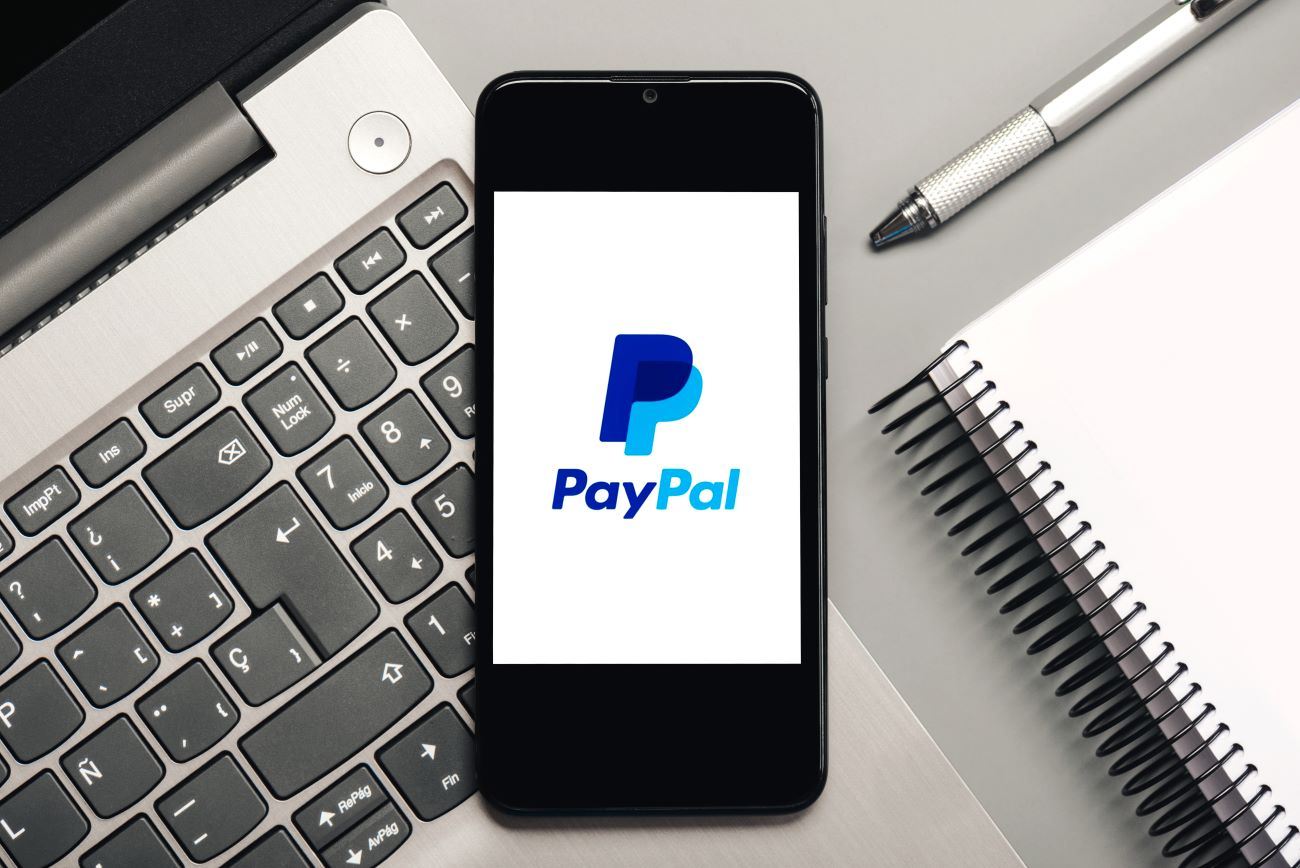The IRS recently announced a postponement of the $600 reporting threshold for third-party settlement organizations, which was set to be in effect for the 2022 calendar year. As a result, the IRS says third-party settlement organizations will not have to report tax year 2022 transactions on a Form 1099-K, Payment Card and Third Party Network Transactions, to the IRS or the payee for the lower $600 threshold amount that was enacted as part of the American Rescue Plan Act (“ARPA”) of 2021, P.L. 117-2.
Until the changes enacted by ARPA, third-party settlement organizations were allowed a de minimis exception to filing Form 1099-K with respect to payees with 200 or fewer such transactions during the calendar year with an aggregate gross amount of $20,000 or less. ARPA amended this de minimis amount to $600, with no minimum number of transactions, effective for calendar years beginning after Dec. 31, 2021. Third-party settlement organizations such as eBay, PayPal, Venmo, Etsy and others report these transactions by providing individual payees a Form 1099-K, “Payment Card and Third-Party Network Transactions.”

In Notice 2023-10, the IRS announced that it will regard calendar year 2022 as a “transition period” for purposes of IRS enforcement and administration of the $600 de minimis exception for third-party settlement organizations and third-party network transactions as provided in the notice. This means that for returns for calendar years before 2023, a third-party settlement organization is not required to report payments in settlement of third-party network transactions with respect to a participating payee unless the gross amount of aggregate payments to be reported exceeds $20,000 and the number of such transactions with that participating payee exceeds 200. The transition period aims to facilitate an orderly changeover for the organizations’ tax compliance, as well as individual payee compliance with income tax reporting. A participating payee, in the case of a third-party network transaction, is any person who accepts payment from a third-party settlement organization for a business transaction.
The IRS promised more details on the delay will be available in the near future along with information to help taxpayers and the industry. For taxpayers who may have already received a 1099-K as a result of the statutory changes, the service said it’s working rapidly to provide instructions and clarity so taxpayers know what to do. Please reach out to your LMC professional with any questions you might have pertaining to Form 1099-K.
Subscribe to LMC’s the Bottom Line monthly e-newsletter:



